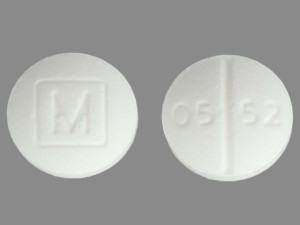 When Bayer took over Monsanto in 2018 for $63 billion, it inherited myriad legal disputes around its glyphosate-based weedkillers, including its best-known product, Roundup. Bayer announced earlier this week that it will settle those disputes.
When Bayer took over Monsanto in 2018 for $63 billion, it inherited myriad legal disputes around its glyphosate-based weedkillers, including its best-known product, Roundup. Bayer announced earlier this week that it will settle those disputes.
“Bayer AG, after more than a year of talks, agreed to pay as much as $10.9 billion to settle close to 100,000 U.S. lawsuits claiming that its widely-used weed killer Roundup caused cancer, resolving litigation that has pummeled the company’s share price,” Reuters reports.
“Bayer wisely decided to settle the litigation rather than roll the dice in American court,” said Ken Feinberg as reported by Reuters. Feinberg was appointed settlement mediator by a federal judge over a year ago and has mediated other high-profile legal disputes, including the September 11th Fund, the BP disaster, and Volkswagen’s diesel emissions violations.








